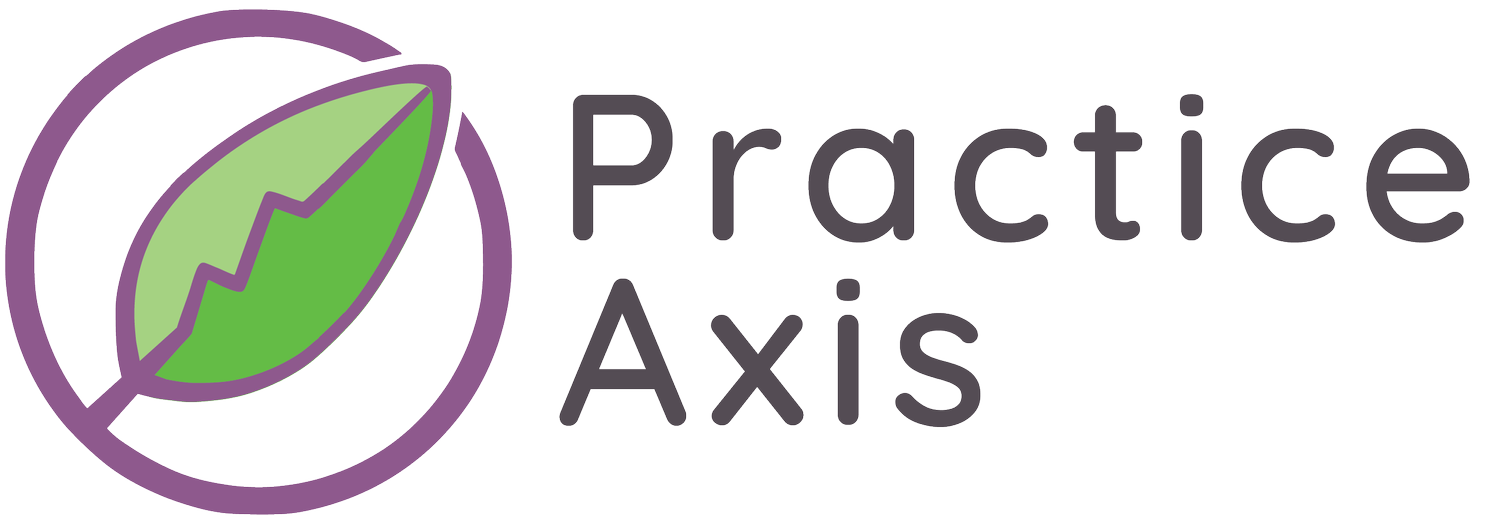Unresponsive Therapy Prospects? It's Not You, It's Them.
Following up with a prospective client who is unresponsive can be a delicate balance between persistence and patience. On the one hand, you want to stay top-of-mind and show that your practice is available to provide the needed services that this prospect reached out about in the first place. On the other hand, you don't want to come across as pushy or annoying since this prospect may have found care elsewhere.
It can be challenging to keep track of all of this without a proper system in place, especially when you want to deliver the same level of care and attention to each inquiry. Luckily, a CRM system can help you manage your prospect data and keep your outreach efforts on track, even when dealing with unresponsive prospects.
Here are some things a Client Relationship Management (CRM) system helps you to do in this case:
Centralize your prospect data.
A CRM system allows you to collect and store all the information you gather about a prospect in one place. This includes their contact information, their needs and interests, and any notes or interactions you've had with them. With this data at your fingertips, you can easily track where each prospect is in your care coordination and ensure that you're staying on top of their needs.
Automate your follow-up process.
One of the biggest benefits of a CRM system is its ability to automate key tasks, such as follow-up emails and reminders. By creating automated sequences, you can ensure that each prospect receives timely and relevant communication from you, without the need to manually track each lead. For example, you might set up an automated email sequence that sends a follow-up email a week after your initial outreach, followed by another email two weeks later.
Schedule tasks for manual follow-up.
While automated follow-up sequences can be helpful, there may be times when you need to manually follow up with a prospect. A CRM system can help you keep track of these efforts by scheduling reminders and tasks for you to complete. For example, you might schedule a task to call a prospect who hasn't responded to your emails within a certain timeframe. These reminders ensure that you don't forget about valuable prospects and give you a system to manage follow-up efforts.
Personalize your communication.
With a CRM system, you can personalize your communication with each prospect based on their needs and interests. By gathering information from previous phone conversations, emails and forms filled out, you can tailor your messaging to their specific needs and pain points. For example, if a prospect mentioned they were looking for therapy for anxiety, you might send them an email that highlights your practice’s expertise in this area. By personalizing your communication, you can increase the likelihood of a response and move the prospect closer to becoming a client.
Measure your results.
A CRM system allows you to track your results and measure the effectiveness of your care coordination. By analyzing data such as email open rates, click-through rates, and rate of enrollment, you can identify areas for improvement and refine your messaging and follow-up sequences over time.
With the help of a CRM system, like Practice Axis, to manage follow-up efforts, you can streamline your care coordination and ensure that you're making the most of every opportunity to connect with prospective clients. Click here to schedule a demo today!


